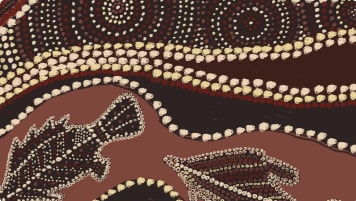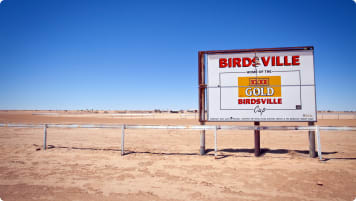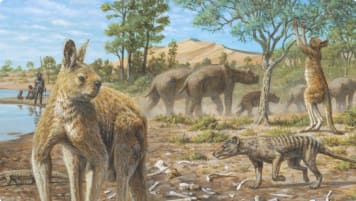The Bundian Way, New South Wales
small group tours of senior couples and mature solo travellers interested in exploring and learning about the deep Aboriginal history of Australia and the outback. The Bundian way continues the stories of learning.
16 Sep 21 · 7 mins read
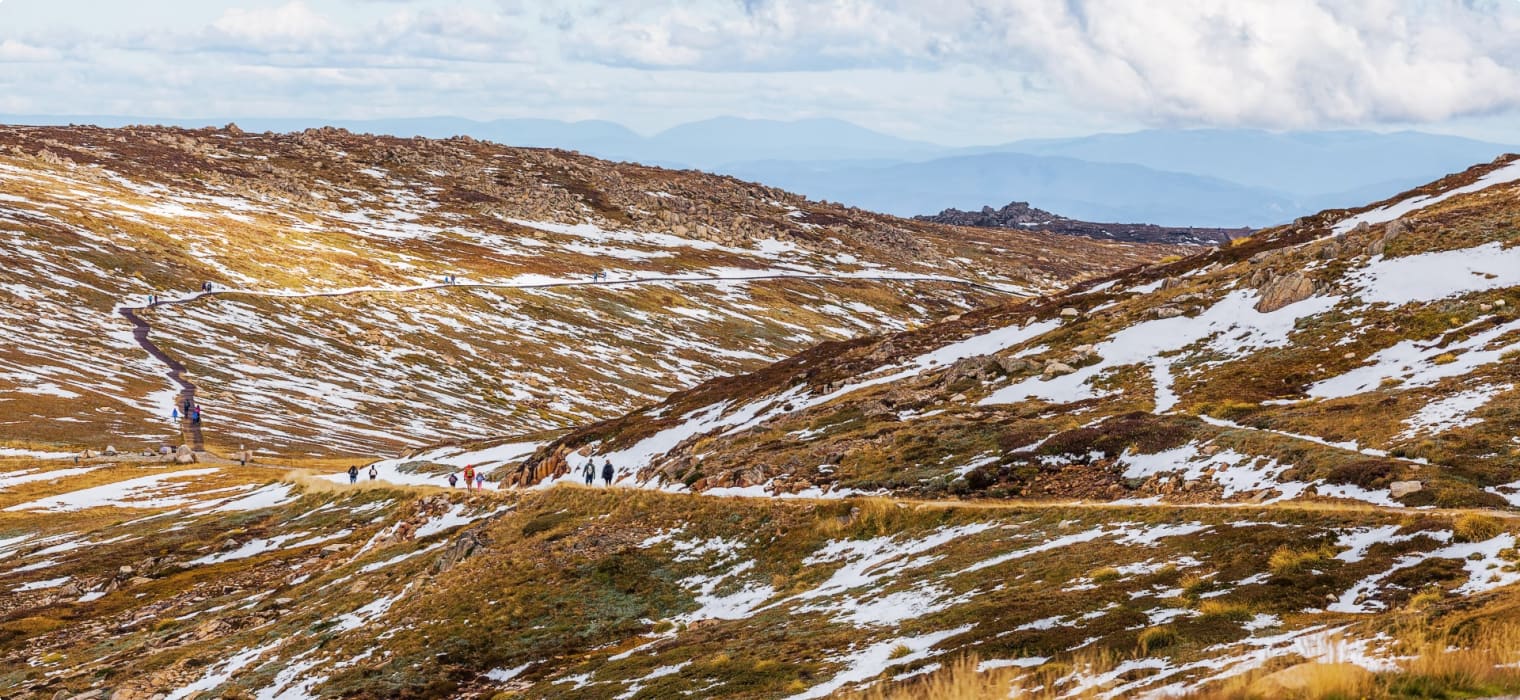
The Bundian Way
Connecting the highest part of the Australian continent and the south-eastern coast is a 365km long ancient Aboriginal trail known as the Bundian Way. Situated in southern New South Wales, it runs from the snowy peaks of Targangal (now known as Mount Kosciuszko) to the turquoise waters of Bilgalera (Fisheries beach) in Twofold Bay, near the coastal town of Eden. In doing so, it traverses some of Australia’s wildest terrain through a remarkable variety of bush landscapes, across plains and mountain ranges.
Older than both the Silk Road and the Roman Empire’s Road Network, the path is believed to date back more than 40,000 years. Historically, it brought together the Aboriginal people of the greater region for practical and ceremonial purposes and was later used as a cattle stock route by white settlers. The track then fell into disuse for decades, almost vanishing from popular imagination, until it was surveyed for modern use in 2010 and then heritage listed in 2013. Now it is in a process of once again being opened as a connected walking trail.
In our international tours, Odyssey Traveller has drawn upon ancient exploration and pilgrimage routes as a point of entry to understand our location, whether that’s tracing medieval European pilgrimage routes such as the Camino and the Via de la Plata in Spain; or following the ancient Silk Road through China and Uzbekistan. Now, we have drawn from ancient Aboriginal routes to build our Australia tours, enabling us to understand the history and significance of the landscape that surrounds us. This article explores the features, history, and modern significance of the Bundian Way to assist you on our tours.
Description
On its way from the alps to the coast, the Bundian Way passes through some of the wildest, most rugged, and yet beautiful country in Australia. Passing through an amazing variety of landscapes, the scenery constantly changes. From snow peaked mountains to waves crashing on the shores of the coast, from gushing rivers to scorched dry country and more, no day’s walk is quite like the next.
Along the path is a large variety of plant species carpeting the landscape in a patchwork of colour, as well as a plethora of animals. Kangaroos, emus, snakes, and a beautiful little animal that lives close to the coast called the long-nosed potoroo can all be regularly spotted. Don’t worry about the snakes through – they’ll leave you alone as long as you don’t hassle them!

The route generally follows fire trails, tracks, and forestry roads, passing through forest, national park, rural areas, and coastal areas. About half of this is through proclaimed wilderness, while a section also follows Crowns and Council owned roads through rural areas.
In all the route has six stages:
- Stage 1: Targangal (Kosciuszko) to Moyangul (Pinch)
- Stage 2: Moyangul (Pinch) to Merambego
- Stage 3: Merambego to Delegate
- Stage 4: Delegate to Bondi Springs
- Stage 5: Bundian Pass to Towamba
- Stage 6: Towamba to Turemulerrer (Twofold Bay)
More information about the different stages can be found on the Bundian Way official website here.
Aboriginal History
The tradition of travel is a distinct and important aspect of Aboriginal culture, a central part of life for the traditional owners of Australia prior to European settlement. The scholar Dale Kerwin (2010: 84) has written: “It is a response to the need to renew relationships with the country of ancestral birth and the ritual journey to renew relationships with people across the landscape.”
The ancient Bundian Way was used as a travelling path by a number of Indigenous nations, including the Yuin, Ngarigo, Bidhawal, and Jaitmathang, peoples. Still today, the path is dotted with scarred trees and Aboriginal artefacts such as worked bits of stone, axe heads and middens.
The path acted as a safe passage between the coast and high country, bringing together the Aboriginal people of the greater region, most notably for ceremonies associated with whaling in springtime at Twofold Bay and moth hunting in the high-country near Mount Kosciuszko during summer.
People would travel east to attend the whale ceremonies, where they traded and met up with friends and relatives. These gatherings would include big feasts of whale meat, as well as fish, lobster, and abalone. One of these gatherings was recorded in August 1844 in the journal of G. A. Robinson. The account tells of a corroboree with whales harvested to feed about 70 people present, half of whom are described as “Maneroo” having walked from as far afield as places around Delegate and Cooma.
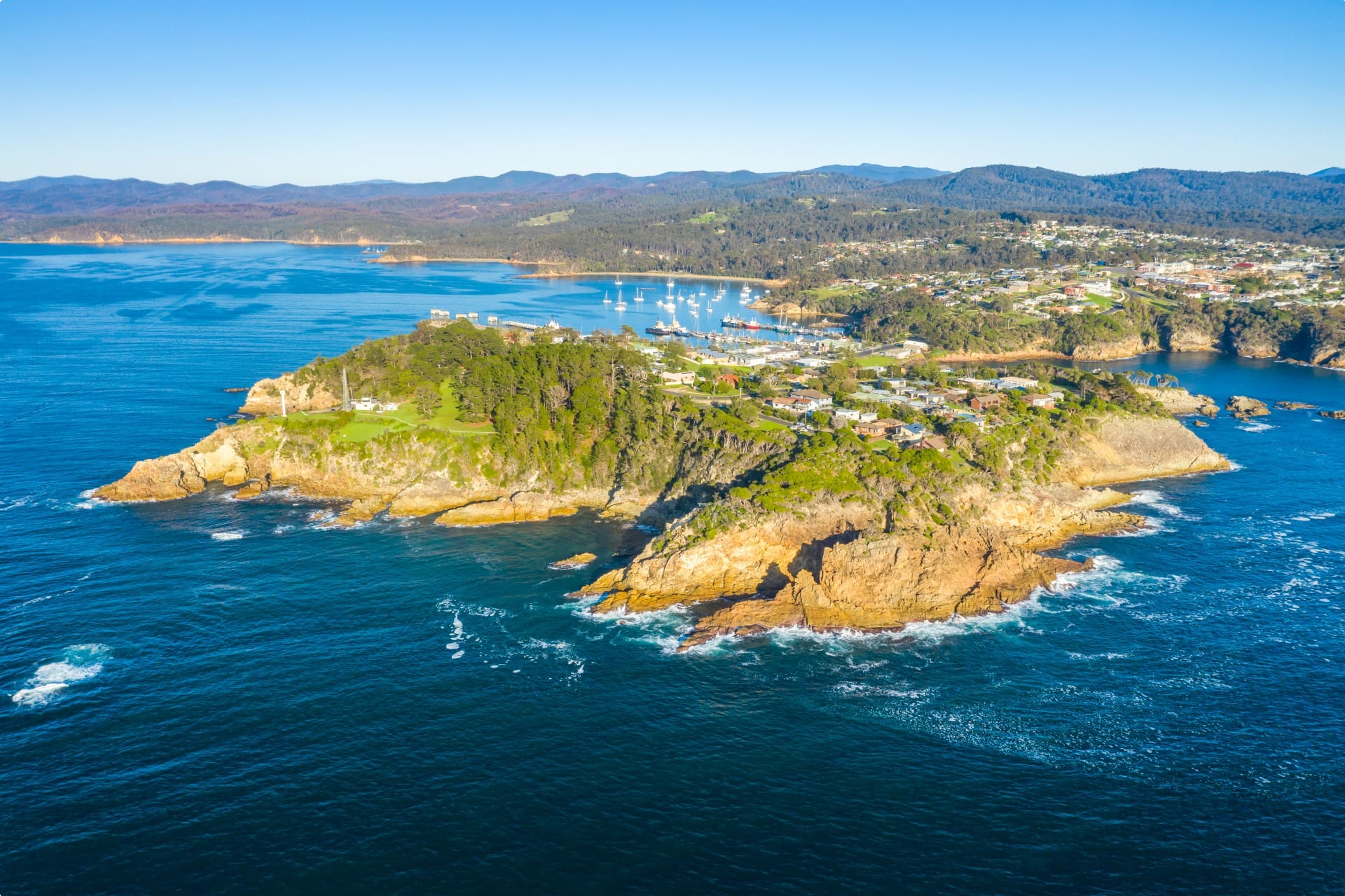
During summer, Aboriginal people would make the long journey west, ascending into the high peaks for the Bogong moth season. Each year as the weather warms up in southeast Australia, Bogong moths migrate to the high country of the Snowy Mountains in southern New South Wales and the Victorian Alps.
Aboriginal people would travel as far as the east coast to attend these gatherings, which were an essential part of cultural life. They would travel to the areas where the moths were most prolific, usually in rock shelters. Here, the moths lined the granite walls two or three inches thick.
After being netted, the moths were thrown on to a charcoal bed to burn the legs and wings off. Some of these cooked moths were then pounded into dough and mixed with grain to make a type of cake. With a very high fat content, the moths were highly sought after for their nourishment.
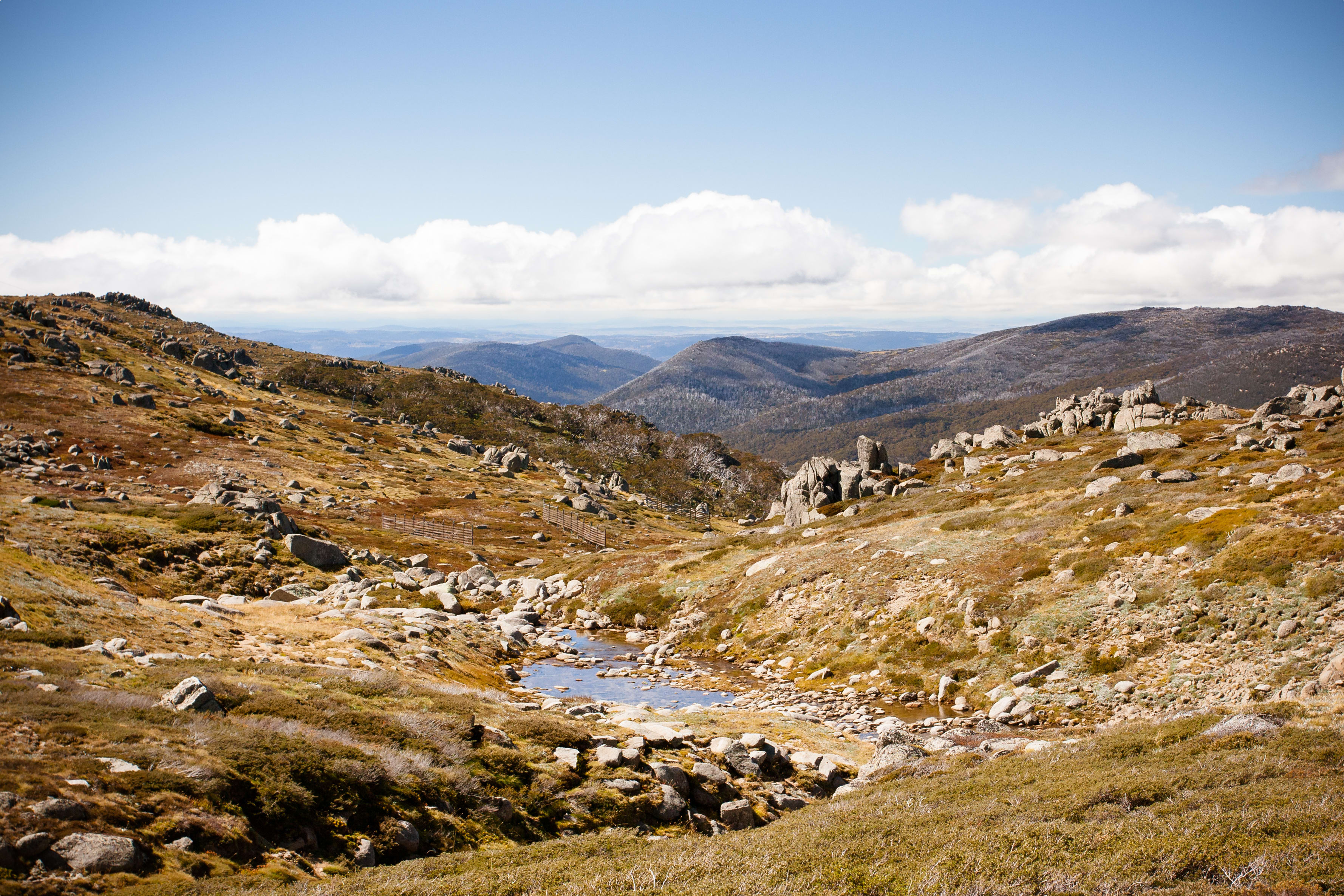
Apart from attending gatherings and accessing food supplies, Aboriginal people also walked the ancient pathway for practical, ceremonial, and educational purposes. These included maintaining kinship ties, conducting business and trade, sharing knowledge and resources, and making alliances and settling disputes.
Then, when European pioneers arrived, the Aboriginal clans of the region showed them their ancient pathways and acted as guides through the wild countryside. In the following decades, this assistance helped settlers to find places to establish homesteads and stockmen to move stock to fresh pasture. Today along the Bundian Way, there are still trees marked by colonial explorers, stockmen’s trails, huts and homestead ruins.
Modern Significance
With the advent of cars and bitumen roads, the ancient Aboriginal route fell out of popularity and was eventually forgotten amongst white people. The cultural knowledge associated with the pathway, however, persisted into modern times and continues to be highly significant to Aboriginal people in southeast New South Wales and the Monaro.
Since 2003, the Eden Local Aboriginal Land Culture and the local Indigenous community have been working tirelessly to map and gather information on the Bundian Way from various geographical, historical and Indigenous sources.
Using this information, in 2010 a team of five Aboriginal people finished walking the track’s entire length and surveyed it for modern use. Three years later, it became the first Aboriginal pathway to be given heritage status.
The track is now being developed for public use; once complete it will be a valuable opportunity for visitors to learn about Aboriginal Australia. Along the path will be signage, complemented by a guidebook, an app, and even an art gallery.
Although the Bundian Way project is yet to be opened as a connected walking track, one can already experience a part of the pathway along the Whale Dreaming Trail and Bundian Way Story Trail in Eden, as well as the Bundian Way Gallery in Delegate. All are proudly presented by the Eden Local Aboriginal Land Council.
Tour of Aboriginal Australia
Odyssey Traveller has drawn on ancient Aboriginal paths in designing our tours of Australia. From our escorted tour of Aboriginal World Heritage Sites in Victoria, New South Wales and South Australia, to our tour of the spectacular scenery of Kakadu National Park, and even our Marvellous Melbourne tour, we take the time to learn about the ancient history of our destination, showing how the places we encounter were at the heart of pre-settlement Aboriginal lifeways.
Our Aboriginal tours include visits to:
- Archaeological sites including the Madjedbebe rockshelter and the extensive collection of ancient Aboriginal rock art at Kakadu National Park as part of our tour of Kakadu and Darwin
- The ancient indigenous sites including Lake Mungo and the Budj Bim Cultural Landscape as part of our tour of the Southern States of Australia;
- The important cultural site of Wilpena Pound on our tour of the Flinders Ranges;
- The ancient rock art in the Kimberley, Western Australia;
- The Brewarrina Fish Traps in outback Queensland;
- Uluru and Kata Tjuta in the Northern territory
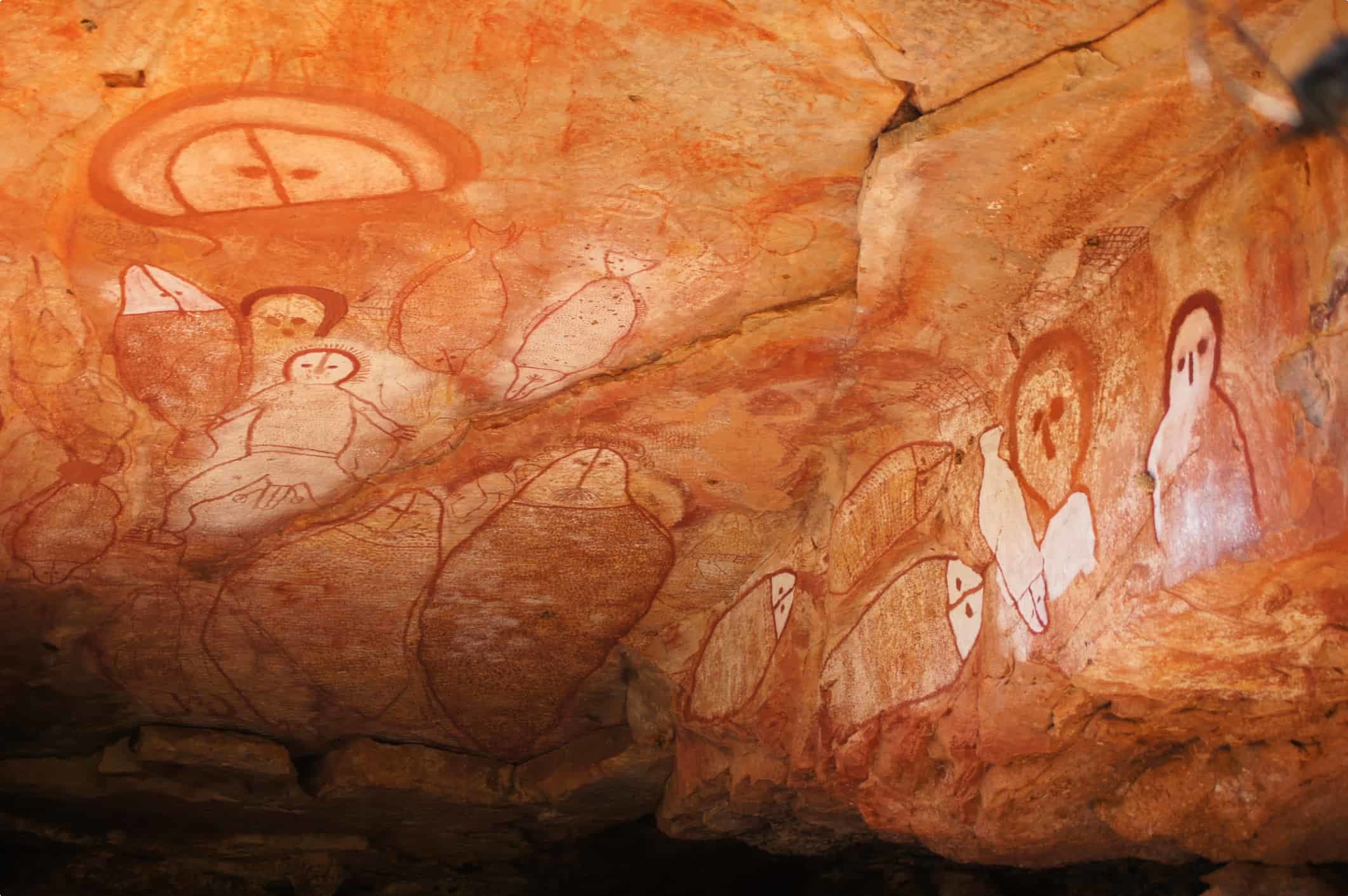
Every Odyssey guided tour is designed especially for mature and senior travellers, who want an authentic and informed experience of their destinations. Our tours aren’t the typical tourism Australia holiday – Blue Mountains, the Great Barrier Reef, and the penguin parade on Port Phillip Island. Instead, we pride ourselves on getting of the beaten path and making you think about Australia and New Zealand in new ways. We move in genuinely small groups – usually 6-12 per tour – and all tours are cost-inclusive, encompassing accommodation, attraction entries, and transport. For more information, click here, and head to this page to make a booking.
Articles about Australia published by Odyssey Traveller:
- The Kimberley: A Definitive Guide
- Uncovering the Ancient History of Aboriginal Australia
- Aboriginal Land Use in the Mallee
- Understanding Aboriginal Aquaculture
- Mallee and Mulga: Two Iconic and Typically Inland Australian Plant Communities (By Dr. Sandy Scott).
- The Australian Outback: A Definitive Guide
- The Eyre Peninsula: Australia’s Ocean Frontier
- Archaeological mysteries of Australia: How did a 12th century African coin reach Arnhem Land?
For all the articles Odyssey Traveller has published for mature aged and senior travellers, click through on this link.
External articles to assist you on your visit to Australia:
- John Mulvaney: ‘… these Aboriginal lines of travel‘
- Queensland Historical Atlas: Aboriginal dreaming paths and trading ways
- National Museum Australia: Trade with the Makasar
- Fish traps and stone houses: New archaeological insights into Gunditjmara use of the Budj Bim lava flow of southwest Victoria over the past 7000 years
- Isabel McBryde: Exchange in south eastern Australia
- Shells, not pearls, were the real prize in traditional Aboriginal culture
- Aboriginal Trade in Ancient Australia
Related Tours

13 days
May, Jun, Jul, Aug, SepSmall group tour of Australia's Kimberley
Visiting Western Australia
Escorted small group tour of the Kimberley. We explore and visit The Bungles, Bell Gorge, Mitchell plateau & Halls Creek in the dry season. Amazing landscapes intertwined with Aboriginal communities resident more than 45,000 years.
From A$15,390 AUD
View Tour
days
Jun, Jul, Sep, Feb, Mar +1Darwin and Kakadu small group tour
Visiting Northern Territory
Explore and learn as part of a small group tour for seniors on this package tour to Darwin and Kakadu National park, a UNESCO world heritage site. This program also visits Arnhem land. Our focus is on ecology, landscapes and history on this 14 day program in the far north of the Northern Territory.
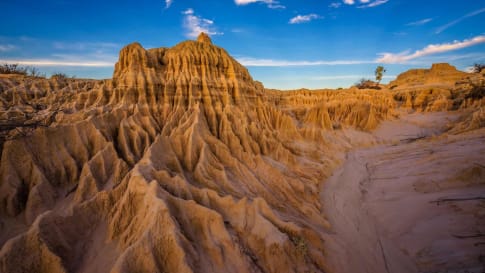
days
Mar, May, Aug, Sep, Oct +2Small group tour of World Heritage sites and more in the Southern States of Australia
Visiting New South Wales, South Australia
Discover the World Heritage Sites of the southern states of Australia travelling in a small group tour. A journey of learning around the southern edges of the Murray Darling basin and up to the upper southern part of this complex river basin north of Mildura. We start and end in Adelaide, stopping in Broken Hill, Mungo National Park and other significant locations.
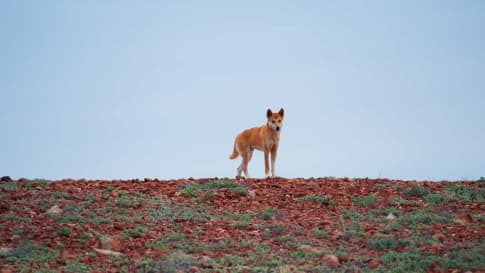
days
Apr, May, Jul, Aug, Oct +2Small group tour of Australia's Flinders ranges
Visiting South Australia
Escorted small group tour of the Flinders range in South Australia from Adelaide. Learn about Coober Pedy, Wilpena pound and water system of Lake Eyre as we explore and learn also about the history of the people who explored the Flinders.
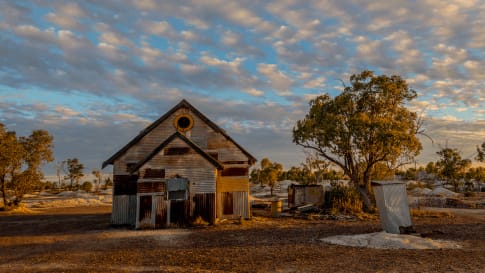
days
Mar, Apr, May, Jul, Aug +2Small group tour of outback Queensland
Visiting New South Wales, Queensland
To Dubbo and back, this small group tour takes you to learn about the Brewarrina fish traps, we travel high up into North Queensland to see the Dinosaurs of Winton and incredible Aboriginal rock art at Cathedral gorge and learn about opal mining and the history of Lightning ridge.

days
Apr, Jun, Aug, Nov, Mar +2Exploring Alice Springs and Uluru-Kata Tjuta National park by Motorbike
Visiting
Explore on a Motorbike tour in the Outback and learn about historic Alice Springs, The MacDonnell ranges, and Uluru-Kata Tjuta national park. This escorted small group Motorbike tour for mature and senior travellers, travelling as a couple or solo travellers also visits the Hermannsburg Lutheran mission plus Henbury meteorite site learning about the Aboriginal outback and contemporary art.
Related Articles
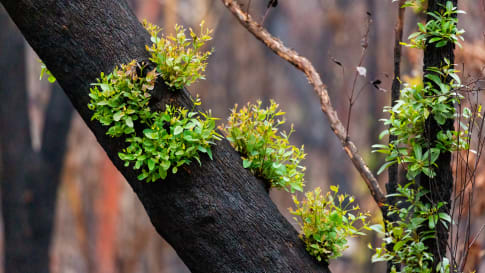
Aboriginal Fire Management
Small group tours for mature and senior travellers in the Australian outback to learn and appreciate land management techniques for couples and solo travellers reflecting Aboriginal culture in Kakadu, Tasmania, Arnhem land and the Kimberley.
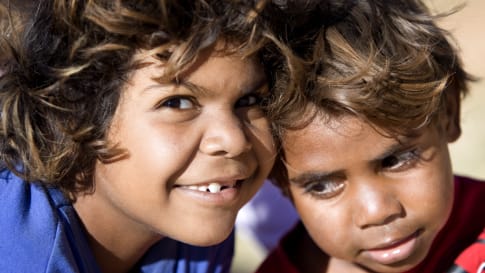
Aboriginal Songlines
Songlines trace the journeys of ancestral spirits who created the land and all natural phenomena. The creation stories as well as practical knowledge needed for survival in outback Australia. We experience this knowledge on our small group tours into Outback Australia.
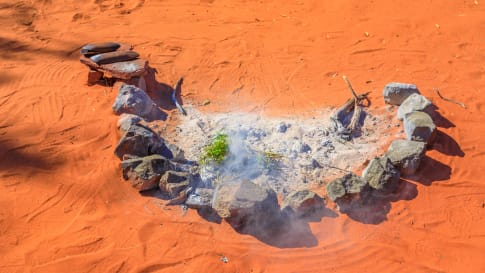
Australian Aboriginal Paths of Migration
Article for small group tours of mature or senior couples or solo travellers interested in learning more about Aboriginal history, Kinship, trading routes, songlines and ancient history.

Bora Rings: Ancient Aboriginal Ceremonial Grounds
Article for mature and senior travellers, couple or solo joining an Aboriginal history small group tour of Australia. Small groups of like minded people exploring outback Australia, colonial history and Landscapes.
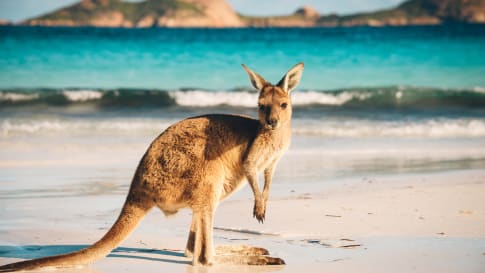
Iconic Animals of the Australian Outback
Explore the wildlife and natural heritage of Australia, with its iconic marsupials, birds, reptiles, and surreal monotremes in the Outback. Odyssey offers small group tours for mature and senior travellers, couples, and solo travelers to Australia.
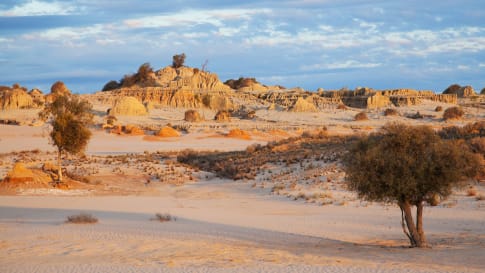
Mungo Man and Mungo Lady, New South Wales
Part of a small group tour of World heritage sites on Victoria, NSW & South Australia for mature and senior travellers. Learn and explore in the Mungo National park about Aboriginal settlement and the fauna and flora of this National park.
